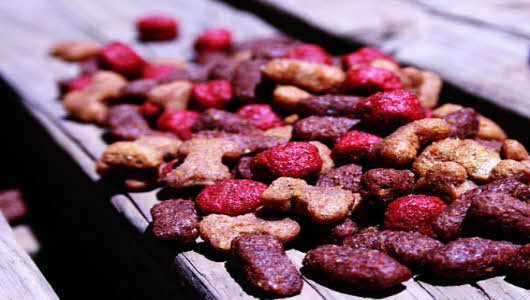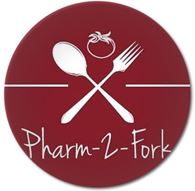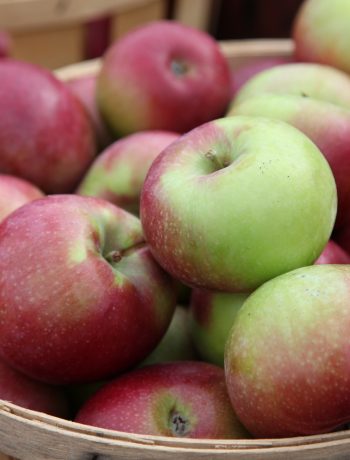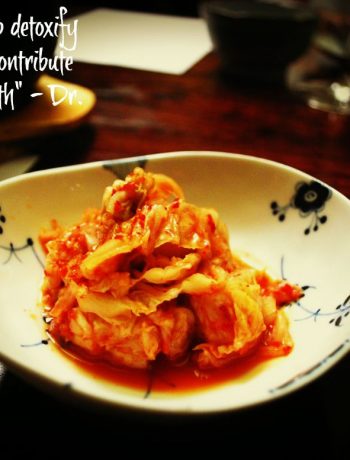What happens to our favorite pets, our dogs, when we put them on a whole foods dietary change. What if I told you that thousands of dogs, in your very community are already eating a whole foods diet. They are eating better than you and I could ever imagine eating.
This is because their owners have put them on a whole foods diet. Their dogs are no longer eating kibble, but eating a speciality line of dog food called SoJo's made from only whole foods. One serving contains ingredients like this; salmon, cranberries, pumpkin seeds, apples, almonds, bananas, alfalfa, basil, barley, cabbage, carob powder, celery root, ginger, coconut, fenugreek seed, flax seed, peas, and kelp. Tamara’s dog has been on a whole foods diet of the above for less than 6 months. She has tossed the dogs previous diet of kibble into the garbage, because it is completely processed.
Her labradoodle has lost 23 lbs in that time (with just a whole foods diet) has more energy, resolved his skin rashes, and never needs vet visits for small ailments. In this hypothetic situation your diet undertakes an overhaul. You go on a whole foods diet. A whole foods diet is one in which you are eating food that is as close to its natural form as possible, and the elimination of processed foods. So instead of a toaster pastry, you are eating oatmeal and raspberries.
Instead of a can of soup, your soup is made the way your grandmother prepared it with a chicken, potatoes, carrots, onions, and without any added preservatives or flavorings. Instead of crackers or chips you eat a baked potato with chopped green onions and sour cream. You skip that Starbucks drink, because slushed ice with drink mix and coffee wasn’t on your grandma’s menu, but a cup of coffee may be. In essence you are eating foods that are as close to their natural form as possible. You’d be eating similar to how a farmer eats, what they grown on their land and very little more than that.
Anything that comes from a box or bottle, a can or package likely contains stages of processing, and as a whole food eater, that would be something to avoid. What would happen to you after a few weeks of eating such a diet? Your body would adjust, cleanse and possibly, some of the minor health issues you suffer from may recede and improve. Again this is hypothetical, and it is so because the only person who can truly monitor your change onto a whole foods diet is you.
Is this too radical a step to take? Are you willing to endure such a change? Is it worth attempting? It is extremely difficult to find a single individual let alone a group of individuals we could compare a before and after a whole foods diet change, so we will likely never see a study like this come to light. Additionally, there is no ‘whole foods lobby’ to fund such a study. However you’ll find plenty of blogs and books on people who have improved their health after making such a change.
If we humans could emulate this type of diet, a diet that thousands of dogs have already adopted because they have health conscious owners, how much better would our health be! The list is above, and since they don't make SoJo's for humans yet, your challenge is to add as much whole food into your diet, and see what a whole foods diet can do for you!
Dog diets vs human diets








No Comments